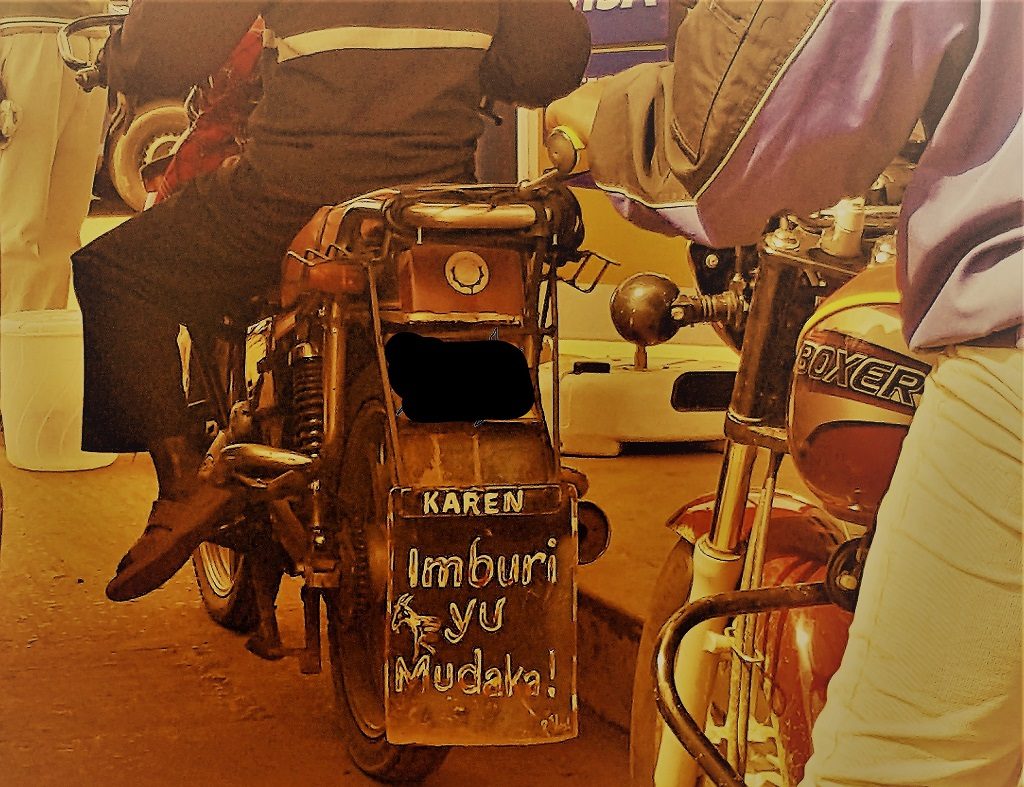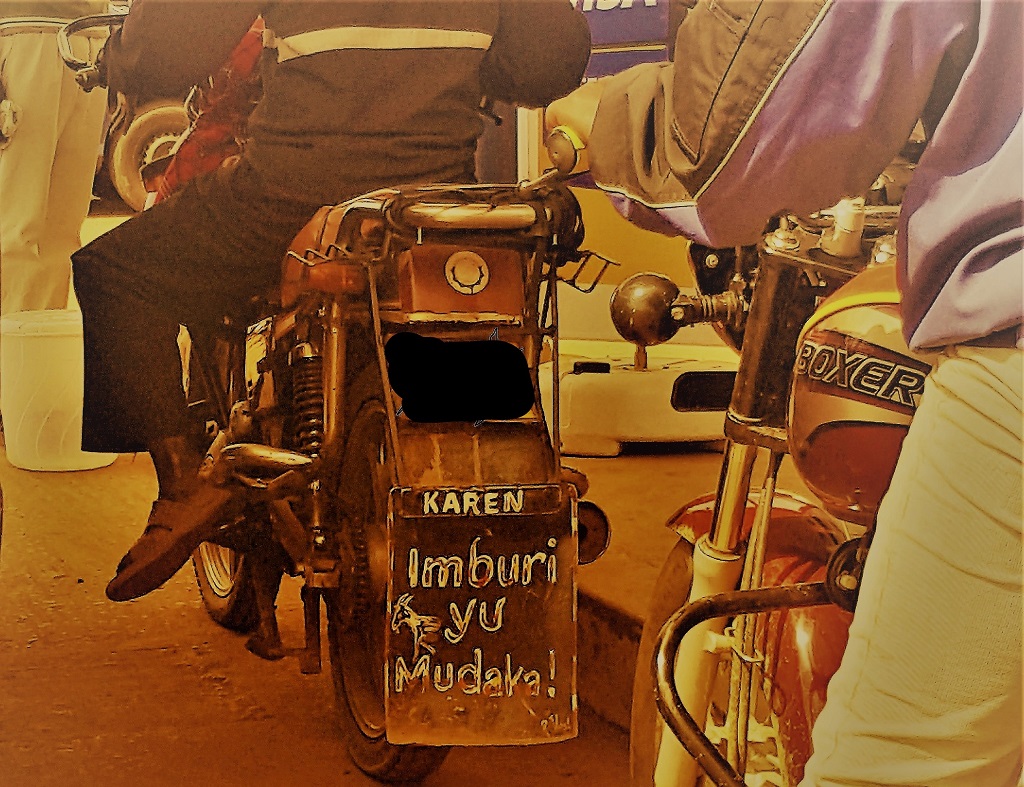There is a Swahili saying that’s similar saying to this Maragoli proverb. It goes, ng’ombe ya maskini haizai mapacha. But I find the Lulogooli version, Imburi yu mudaka yivura amalongo dave, more pungent. Simply because twinning in goats is naturally a more probable occurrence than in cattle.
Science has it that the incidence of twinning for cattle is a partly 1%. For goats, however, is 13 to 44 %. Therefore, to hold the expectation that your goat will twin when they bring forth kids is a reasonable one. But even with this high chance of twinning among goats (44 percent is almost a one in two chance) this Maragoli proverb cautions the poor man (mudaka) against being so optimistic when their doe gets pregnant.
But why is this so?
How Goats Offer A Path To Escaping The Poverty Trap
Thanks to the higher incidence of twinning in goats, I have witnessed my kith and kin grow wealth via a tried and tested route. It starts by rearing a few engohko (chicken, Lulogooli) and sell them during sigukuu (Christmas festivities, Lulogooli) .
They would then use the proceeds from sale of chicken to purchase two goat does. In the times of my grandfather, all that pertained growing a herd from the two goat does would be left to us, the boy child, as we herded the animals by the river bank.
Today, I’ve seen my cousins scrape a few coins – proceeds from kurukisha kwa ndume. With the mating done with, all that’s left is a prayerful gamble. Given that the Maragoli aren’t famed for their herdsmen skills, prayer is indeed needed. This is because the weather in deep Maragoli land isn’t particularly favorable to rearing goats. Therefore a lot of beseeching Nyasaye is needed so as to get through intractable deaths of goat kids at birth and during infancy.
From Goats To Cattle
Some, mostly the ones with a healthy chicken stock, survive the deaths and are able to raise the mandatory three goats minimum needed for the next step. With three grown goats, depending on the time of the year, it is easy to raise circa Ksh. 12000- 18000. The equivalent of 100 to 200 dollars. Enough money to purchase a good ekelori (heifer, Lulogooli).
Most however never get to owning a heifer. This is because they soon run out of chicken – essentially seed capital to enable them to try out this dance year in and out. Their fate is alike Arsene Wenger’s Arsenal. A draining story of flash on the pan hope that is followed by long periods of bust and the ever shifting mirage of “next time”. After several cycles of hope and burn, most villagers seeking to escape poverty have only a solitary imburi to show for their efforts.
Often it will be a doe that doesn’t ‘catch’ pregnancy. Morever, their wealth will have been reduced to a feeble stock of chicken that get wiped out with every cycle of perennial bird disease epidemics that today sweep ever so often through Mulogoli’s land.
More Maragoli Proverbs and Sayings
Of Luck Wealth and Health
My mother laments this fate of vadaka , captured in this Maragoli proverb. In her wisdom, she contends that it has nothing to do with a curse. Rather, it has everything to do with luck. Better being unlucky than being cursed, she offers, for luck can change. I take it that she talks of the kind of luck that now economics gurus accuse of for making some people extremely wealthy.
That kind of luck that one Barack Obama is accused of dangerously being obsessed with. Ever so loudly and much to the chagrin of market fundamentalists, the son of Kogelo keeps insisting that luck made him win the presidency of the United States of America. Worse, luck is what makes successful people successful.
It’s possibly also the type of luck that when it deserts us, makes our loved suffer form cancer given the findings of a research by John Hopkins researchers. In this study, up to two thirds of cancer is attributed to unlucky events occurring during normal cycles of cell division.
Away from the explained, we have to wonder to about the significance of luck in the Maragoli proverb imburi yu mudaka. Why would luck desert the poor man? Desert him even in a situation, like twinning in goats, where nature has reduced the odds of getting lucky to almost half ?
Amalongo ne Uvugasu – Is Twinning A Good Omen?
You see, in sections of the descendants of Mulogoli, the goat was never a particularly favorite animal. Often goats were only slaughtered and its meat consumed as part of ritualistic cleansing — like in the event of a murder.
Given this cultural significance of the goat, you have to wonder of the implications of a poor man’s goat twinning. Would such a happenstance erase the bad luck and bring forth good tidings?

I never got a chance to talk to the owner of the motorbike in the picture who was sighted in Chavakali by our photographer. Why he chose to name his (possibly) only tool of trade so — Imburi yu mudaka — remains a mystery.
On the larger scheme of things, maybe his story would have offered some insight to the Maragoli proverb Imburi yu mudaka yivura amalongo dave. Maybe for him, it started off with chicken. Then goats. Goats that twinned and the offspring were traded of for a ekelori. The heifer then brought forth calves and now a motorbike.

